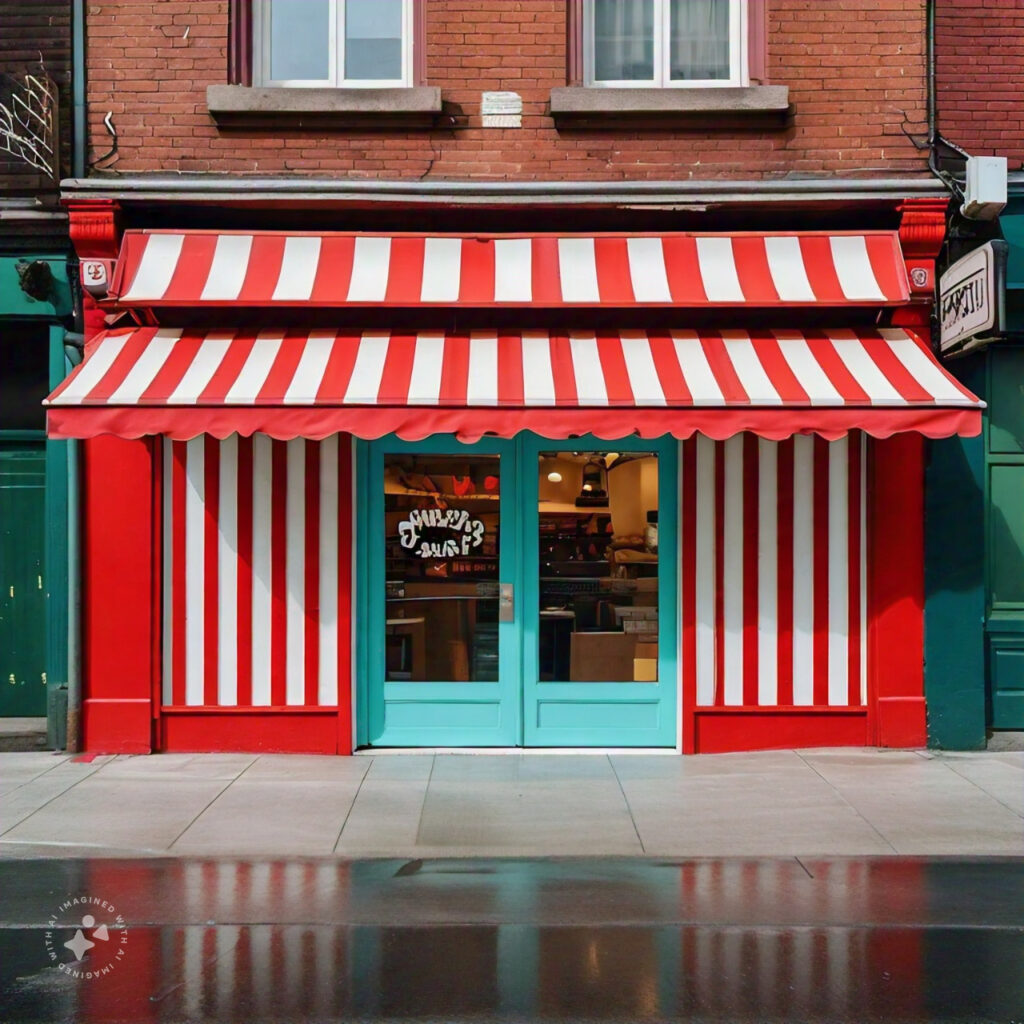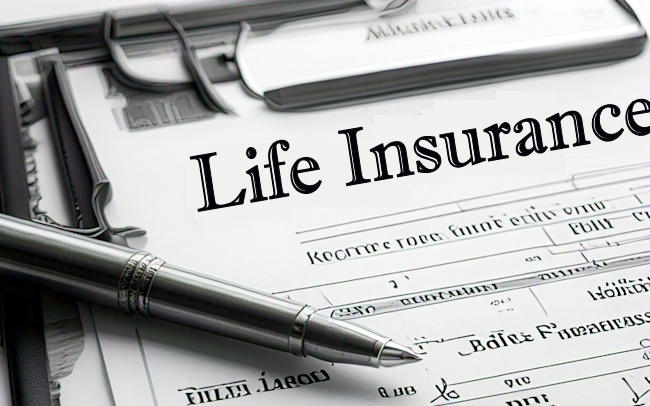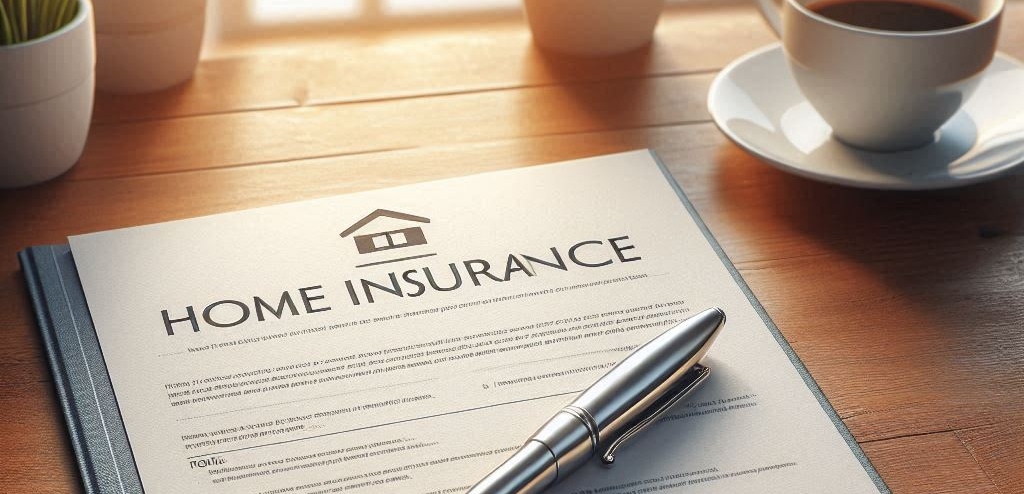Insurance-
It’s fairly obvious that the benefits of having insurance far outweigh the costs. A policy has its price, but it’s nothing compared to the staggering sums you might be forced to shell out in the event of an accident. This seeming natural law goes doubly for business owners.
3 Reasons to Have Adequate Insurance Coverage
Let’s put on our imagination caps for a minute and dream up a few things you wouldn’t want to happen but could. As a business owner, you have to cover these bases because, as they say, anything is possible. Business is a risky venture. That’s no reason to stay out of the game, but it is a darn good reason to protect yourself from financial liability.
1. Product Liability Insurance- A Lock You Sell Doesn’t Lock
Imagine you’re a mobile locksmith, paid to come to peoples’ homes at all hours and replace locks on doors and windows. Now imagine a lock you sell from a brand you trust proves to be way too easy for crooks to jimmy. Next thing you know, a customer’s lawyer is sending you letters threatening a lawsuit because, hey, you sold the customer the lock.
It might sound silly, but it isn’t. If your business isn’t covered by some type of product liability insurance, you, as the business owner could be held liable for a manufacturer’s product design. Think about all the potential ramifications of that then start shopping for some coverage.
2. Damage to Frontage Not Covered by Contents Insurance
It’s late at night, long after your retail tire shop is closed. A freak accident causes a truck to smash into the front of your store, fully destroying a third of your facade made of glass and other materials.
Now, while the contents of your shop are covered—inventory, displays, carpeting, etc.—your particular insurance might not cover the actual replacement cost of the frontage. Ouch! That’s a huge potential monetary setback. Having a reliable amount of storefront and glass insurance coverage in place is the way to avoid this contingency.
3. Business Interruption Insurance- Supplier Shortages Keeping You Closed
Most businesses depend on other businesses for the goods and/or services they provide. Say you’re an auto mechanic, and you require a steady influx of various auto parts and supplies (belts, motor oil, filters, gaskets, etc.) to keep your business running. You’ve got the customers, but you need the parts to conduct business.
Next, imagine there is a dispute among the merchants, the shippers, and the dock workers in your region. Suddenly, the daily deliveries you expect cease, and you can’t fill customer orders because you simply don’t have the parts. Disputes like this usually don’t last long, but what about your income? Various types of business interruption insurance are built to hedge against contingencies like this. With this type of coverage, your end is covered in the event that you are unable to do business through no fault of your own.
There’s a lot that can happen in the world of business, and if you are lucky none of it will. But that’s the point of insurance: guarding against risk, the unknown. But why take chances? Get covered and mitigate the risk.
Image created by Meta AI
See Also:
- The Role Of an Umbrella Insurance Policy In Your Organization
- The Differences Between Term and Whole-Life Insurance
- 5 Ways to Save on Car Insurance You Might Not Know About
- Why People Pay More for Home Insurance Than They Need To
- How to Do a Home Inventory for Your Insurance Company
- 10 Things You Need to Know Before Starting a Home Business
- Five Unusual Business Ideas
Business Insurance Resources from Amazon:




